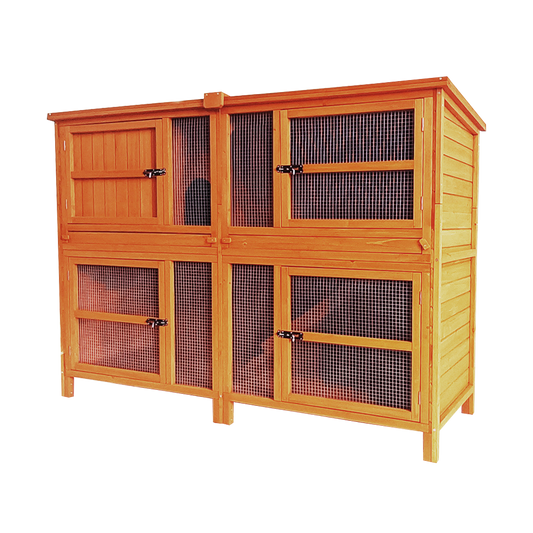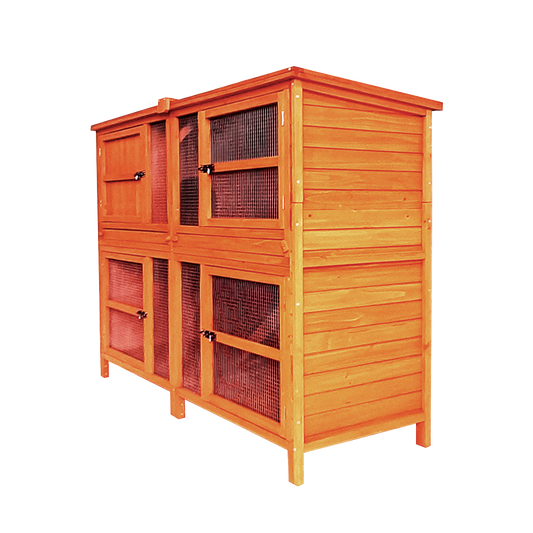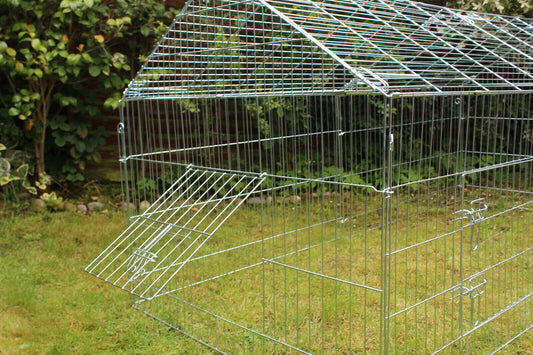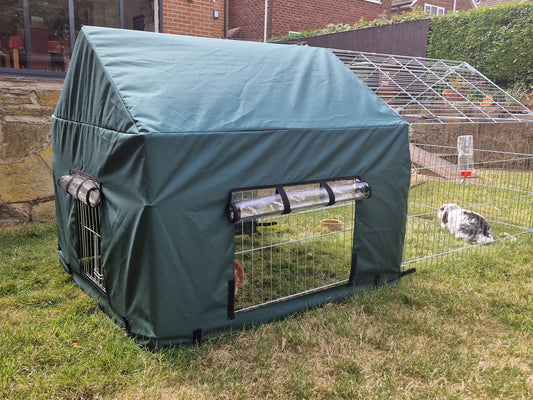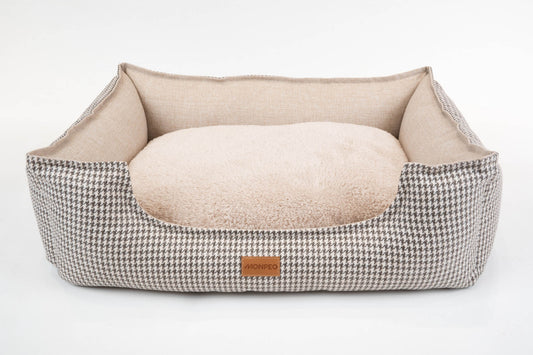Pet birds are intelligent, active animals who benefit from plenty of physical and mental stimulation. Their cage or aviary should be placed somewhere in the house where they get to see what is going on around them as they usually love to interact with their humans and can be taught a multitude of tricks and make very entertaining and interesting pets. With this in mind, we have compiled a few basic care tips to help you and your pet bird get off to a flying start.
Free-flying
Some species can be let out to fly around the house provided they are supervised at all times. This is great as it gives them the chance to really spread their wings and behave naturally. If you do allow your pet bird to fly around the home then be sure to check that all windows and doors are closed and ceiling fans are switched off. It goes without saying that any other pets in the house such as cats and dogs should be kept away too.
Housing
Always opt for the largest cage or aviary possible as your bird will appreciate having adequate space to spread his wings and potter around safely. This will also allow for more room for toys and perches, both things your bird will enjoy. Always select perches and toys that are designed for pet birds as they need to be clean and pesticide-free. Some birds love shredding paper whereas others love swinging on a swaying perch or chattering away to themselves in the mirror. Birds are unique and incredibly entertaining animals so observing their behaviour will tell you a great deal about your bird’s personality and what bird toys he likes best.
Food and water
Food and water bowls should not be placed directly under perches as droppings will fall into them. Place the bowls close to the perches but spread them out so that your bird is encouraged to be more active in seeking out his bird food and water. Water bowls or shallow water baths that you attach to the opening of the cage can be used but ensure you change the water daily and clean the bowls out regularly. Baths are great as they allow the bird to preen and encourages natural grooming but make sure the water is shallow and change it daily or as soon as it becomes soiled, whichever comes first. Your bird’s food will differ depending on the type of bird you have so always purchase food specially designed for your bird. Offering treats such as seed bells, millet spray, cuttlefish etc are all great for enrichment too but again, ensure any bird food or bird treats you offer are suitable for the bird you have as there are many different varieties.
Cleaning
Daily spot cleaning of the cage floor is advised to remove food spoilage and droppings and a weekly thorough clean of the entire cage and perches using a bird-safe disinfectant is suggested. Some bird owners prefer to use paper towels or plain cage liner paper to line the floor of the cage whereas others opt for bird-safe sand. Whatever substrate you decide to use, ensure it is easy to clean regularly and is safe to use in your pet’s cage.
Trimming
Regular routine grooming consists of nail and wing trimming. Nails should be checked regularly and trimmed when they become too long and sharp. Wings can be clipped but some owners will choose not to, again this is a personal preference which takes careful consideration. Some people will clip their bird’s wings as it can prevent them from escaping through windows and it is much easier to train and catch a bird that has had its wings clipped. However, some owners would rather allow their bird to fly freely and simply bird-proof the area to prevent him from escaping or injuring himself.
Pet bird care can differ greatly depending on the type of bird you own (or choose to own) but following the guideline above should help give you an insight into the care and maintenance required to help keep them as happy and healthy as possible. Lastly, we recommend searching for a local avian veterinarian as soon as you become a bird owner and have your pet checked over to ensure he isn’t showing signs of illness or injury. Your avian vet will be able to give you a lot of tips and advice too so a quick check-up can prove very beneficial.
Read more about small animals:


